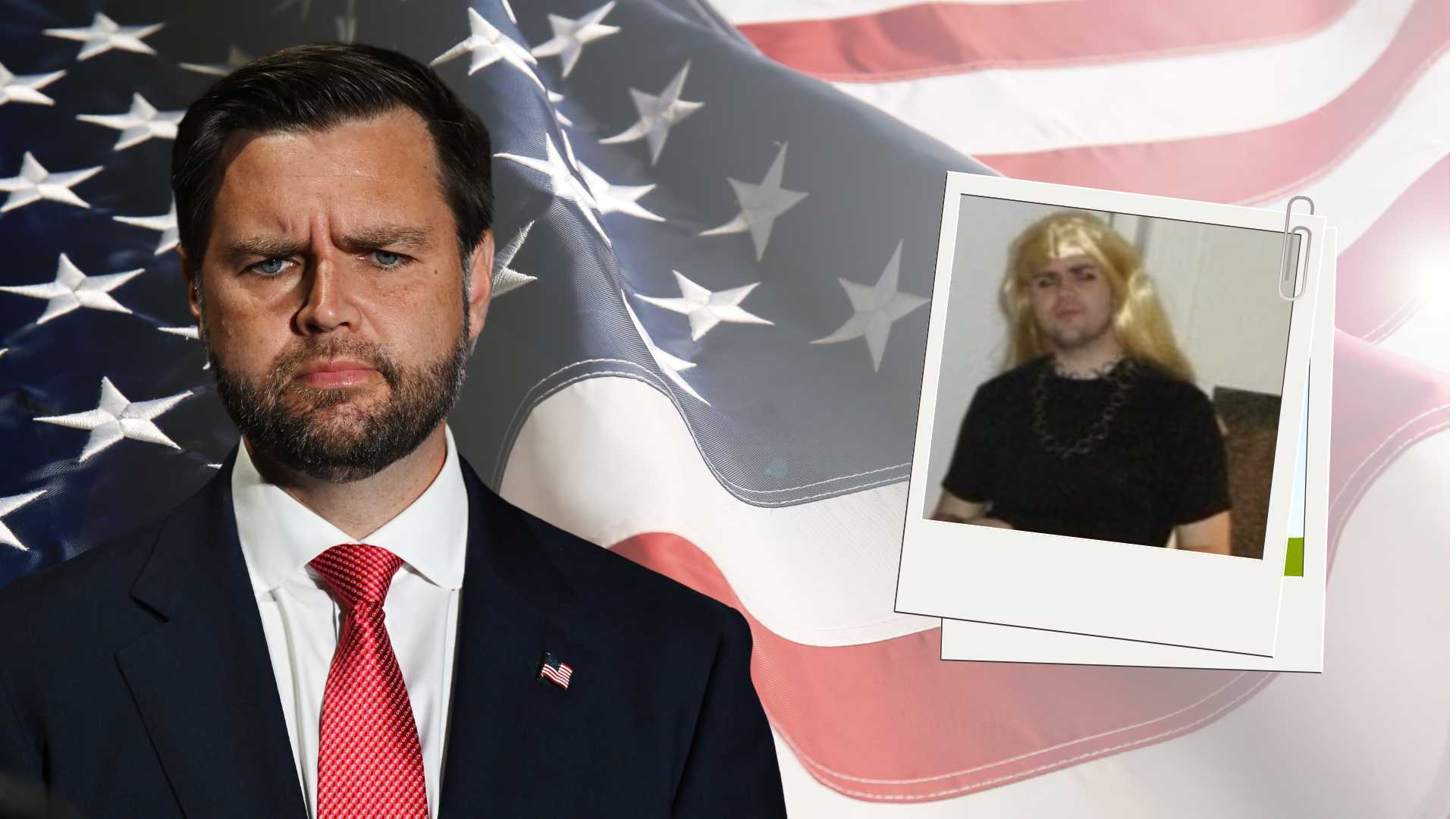Gay man refused asylum and told he is ‘not truly gay’

Same-sex relationships are outlawed in Bangladesh and many LGBTQ+ Bangladeshi people flee to the UK. (Getty)
A gay Bangladeshi man who fled to the UK in order to escape persecution for his sexuality was refused asylum by the Home Office, with a judge accusing him of pretending to be gay.
Monsur Ahmed Chowdhury had his applications for asylum rejected by a judge following a hearing in March 2018 after moving to the UK as a student in 2009.
Chowdhury is originally from Sylhet, a city in northeastern Bangladesh.
According to Metro, a letter written by the judge in Chowdhury’s case argued that he is “not truly gay but he is trying to pass himself off as gay”.
The judge told Chowdhury that there was “a distinct lack of documentary material that might be suggestive that the Appellant (Chowdhury) was truly a gay man before he sought asylum”.
The judge also called being gay a “lifestyle” and questioned why Chowdhury had not brought any witnesses who could corroborate “how the Appellant has behaved as someone who is gay”.
Chowdhury provided evidence of attending LGBTQ+ pride events and club nights as well as an image where he appeared to be watching same-sex pornography but the judge said this was clearly “staged”.
“There is, quite clearly, a great desire on the part of the Appellant to try to present this picture that he is a gay man but, in my judgment, there is far too much manufacturing and posturing and that, in my judgment, undermines the fundamental credibility of the Appellant,” the judge said.
Chowdhury reapplied for asylum with the Home Office but it was rejected in June, with the department basing their decision on the 2018 ruling by the judge and using it as a precedent for denying his asylum claim.
He has appealed the decision but if it is not successful, he may have to return to Bangladesh. Chowdhury told Metro that his life there was “very stressful and scary” because of his sexuality as same-sex relationships are outlawed there.
“I couldn’t live openly as a gay man there – if anyone found out, my life would be in danger. While in Bangladesh, no one knew about my sexuality. It wasn’t until I left and became active on social media that people became aware,” Chowdhury added.






